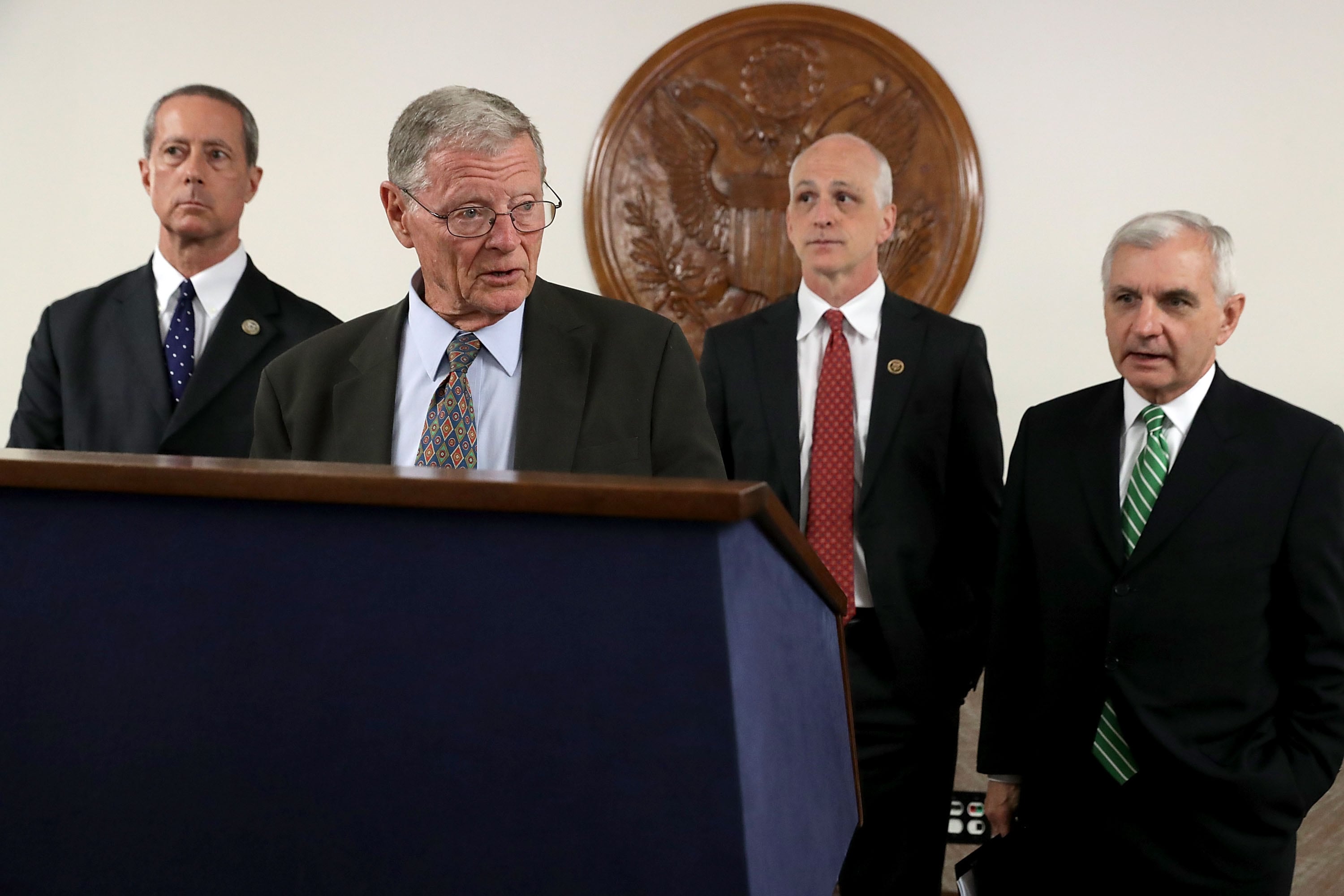WASHINGTON ― The White House submitted an emergency funding request to Congress late Tuesday for an additional $45.8 billion, with $8.3 billion in it for the Defense Department ― all to address the new coronavirus pandemic.
The request is separate from the Trump administration’s $1 trillion stimulus proposal, which it presented the same day on Capitol Hill.
“With the pandemic growing, resource needs have also grown. The unprecedented mobilization the Administration has achieved has forced agencies to incur unanticipated costs,” White House acting budget director Russell Vought said in a letter attached to the 118-page request. “These costs must be met with a legislative response to ensure full operational capacity. The aim of this request is to maintain that capacity and ensure that resource needs created by the pandemic response are met.”
RELATED

For the Department of Defense, the funds would be to “mitigate the risk of COVID-19 to United States service members, their dependents, and DOD civilians; minimize the impacts of the virus on strategic mission readiness; and support national response efforts," according to Vought’s request.
“The request includes resources to facilitate changes in servicemember personnel policy; expedite access to rapid COVID-19 diagnostics; ensure access to medical care, including additional medical countermeasures; address the impacts of the pandemic on logistics and supply chains, including pharmaceuticals and personal protective equipment; and bolster the overall national response.”
The president is also requesting a variety of new authorities across the federal government, including the provision of transfer authority from the Defense Emergency Response Fund to other currently available DoD accounts.
On the heels of an $8.3 billion aid package Congress approved last week ― primarily for the Department of Health and Human Services ― the sizes of the spending packages signal the broad scope of what the Trump administration believes it will need to grapple with the pandemic.
Joe Gould was the senior Pentagon reporter for Defense News, covering the intersection of national security policy, politics and the defense industry. He had previously served as Congress reporter.








